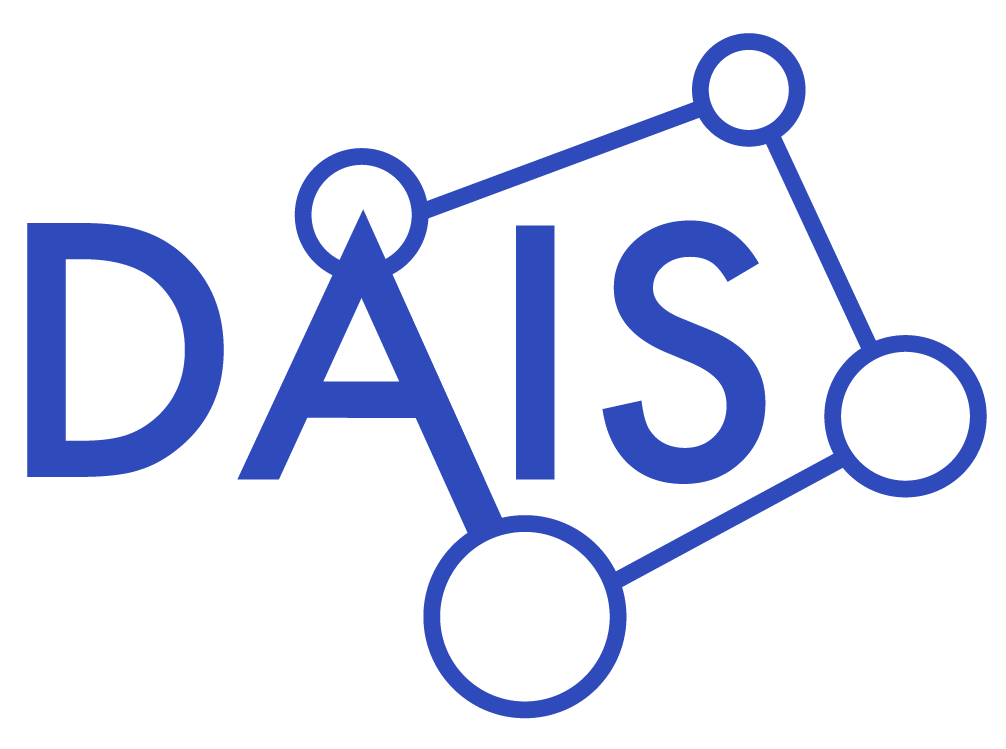Netherlands
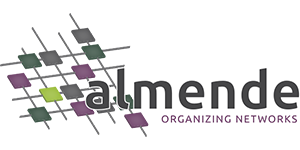
Almende B.V.
Almende (www.almende.com) is an SME focusing on the application of principles of self-organisation to increase the sustainability and resilience of sociotechnical systems, based on innovations in information and communication technology. Our staff is multidisciplinary, with expertise in, e.g., software engineering methodology, data analytics, AI and electronics engineering. We have a large track record in R&D projects in multiple fields, including health, energy, logistics, manufacturing and (cyber)security. During the past 20 years, we have created various software tools and hardware devices which are commercialized via our spin-off companies, all belonging to the Almende Group. Throughout the past decades, we have played an important role as R&D partner, software developer and system integrator in more than 50 European and national R&D projects (ITEA, ECSEL, FP6, FP7 and H2020). ALM has been the one of the main parties behind the DAIS project.
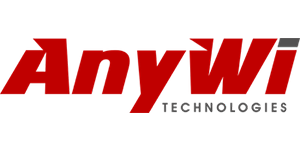
AnyWi Technology BV
AnyWi is an SME specialized in robust, reliable and secure communication in industrial and vehicle applications. The technologies involved focus on the use of redundant communication channels to enhance the overall reliability.
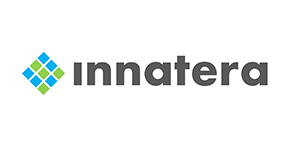
Innatera Nanosystems BV
Innatera is a Dutch neuromorphic processor company based in Delft, the Netherlands. Incorporated in 2018 as a spin-off from the Delft University of Technology, Innatera develops ultra-low power neuromorphic processors for AI at the sensor edge. Using a radically new approach that steers away from traditional AI, Innatera’s processors relies on a new breed of analog-mixed signal computing circuits that closely mimic information processing in the brain. This unique architecture delivers an unprecedented combination of ultra-low power and ultra-short recognition latency, with up to 10,000x higher performance per watt than typical digital processors and conventional AI accelerators.
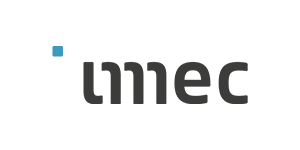
Stichting imec Nederland
Bridges the gap between fundamental research at universities and technology development in industry
Ultra low power IoT devices (radio, processor, sensors and wearables) for health and lifestyle applications

NXP Semiconductors Netherlands BV
NXP Semiconductors N.V. (www.nxp.com) enables secure connections and infrastructure for a smarter world, advancing solutions that make lives easier, better, and safer. As the world leader in secure connectivity solutions for embedded applications, NXP is driving Internet of Things (IoT) innovation in the secure connected vehicle, smart connected solutions, and end-to-end security and privacy markets. NXP worldwide has approximately 30,000 employees with operations in more than 30 countries and posted revenue of $8.88 billion in 2019. The companies headquarter is situated in Eindhoven (The Netherlands). In Europe, other main locations are spread over The Netherlands, Germany, France, Austria, Belgium, Czech Republic and Romania. There are approximately 9,000 R&D engineers. NXP has ~9,000 issued and pending patents through 60 years of experience and expertise.
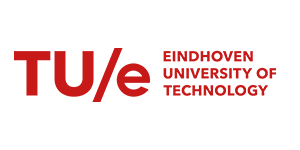
Technische Universiteit Eindhoven
Eindhoven University of Technology is a young university, founded in 1956 by industry, local government and academia. TUE is a research-driven and design-oriented technical university with 9 departments/faculties, of which the department Electrical Engineering and the department Mathematics & Computer Science participate in this project. Electro-Optical Communications (ECO) research group participates from the Electrical engineering department, while the Interconnected Resource-aware Intelligent Systems (IRIS) cluster participates from the Mathematics and Computer Science department in this project. Research of ECO focuses on advanced network management and control, while IRIS focuses on (distributed embedded) systems performance challenges in terms of: timing behavior, dependability, programmability, reliability, robustness, scalability, energy and data computation efficiency. Research of both groups cover various aspects of IoT systems, ranging from new communication technologies, network/resource management, to in-network processing/computation, and edge AI. Both groups have successful track record in executing research- and industry-driven projects and have close collaborations with industry and end-users.
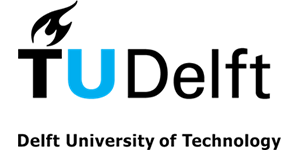
Delft University of Technology
Technische Universiteit Delft (TUD) is a world-class university ranked 19th for engineering and technology in the 2019 Times Higher Education World University Rankings. Established in 1842, it is the largest and oldest institute of technology in the Netherlands. TUD’s eight faculties are home to over 20,000 students and some 900 academic staff and cover the entire spectrum of technology, with a combined science, engineering and design focus. Three research groups from TUD namely, Computer Engineering (CE), Circuits and Systems (CAS) and Bioelectronics (BE) will contribute to this project. The three research groups perform a multidisciplinary research spanning from devices technology, circuit (both analog and digital) all the way to application as well as sensor technology. The groups also have a long experience in leading and participating in various EU and national research projects, as well as collaborative research with the industry in the above mentioned topics including worldwide leading companies, such as IBM, ARM, Intel, Infineon, ST, Atmel, Renesas, IMEC, ABN AMRO, Port of Rotterdam, NXP, Bosch, Besi, Philips, Mapper, FEI, ASML, etc. Furthermore, several start-ups have been initiated by our members and by our alumni in the past 10 years.
